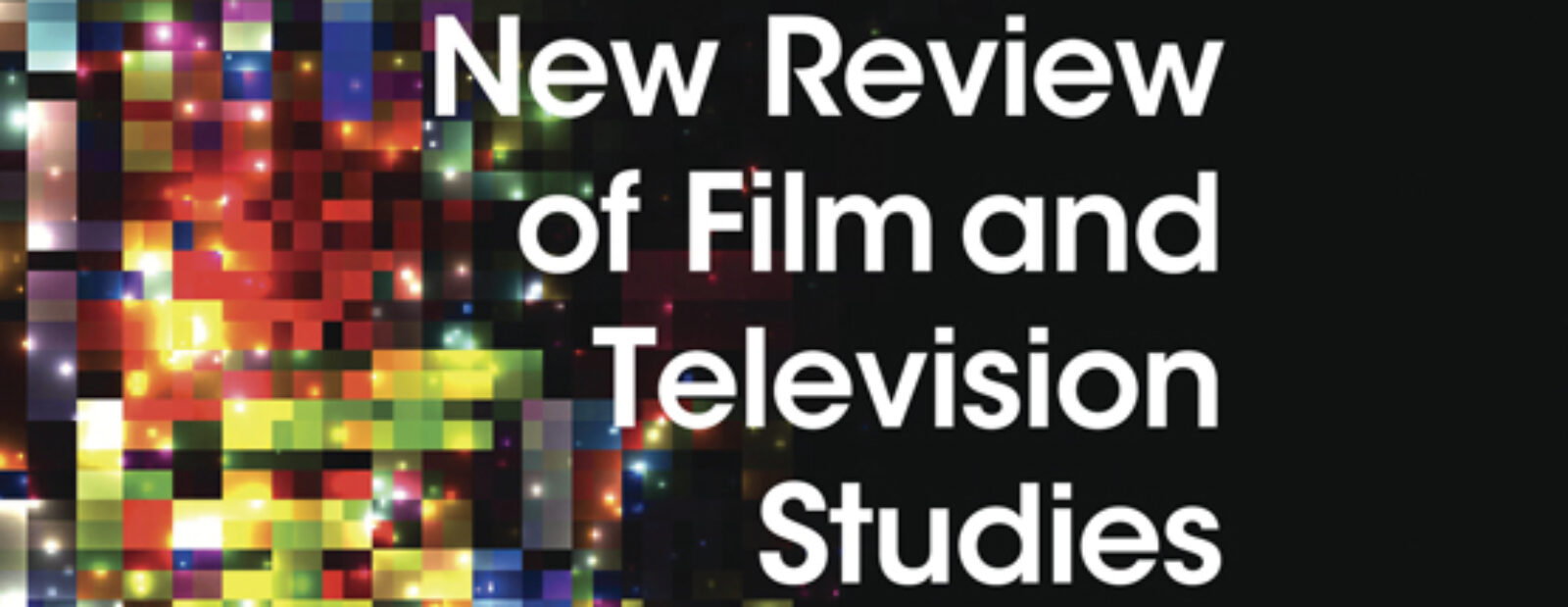Peer-Reviewed Articles
Shit Happens on the Big Screen: Faecal Motifs in Contemporary Film
By Marzena Keating and Joanna Łapińska
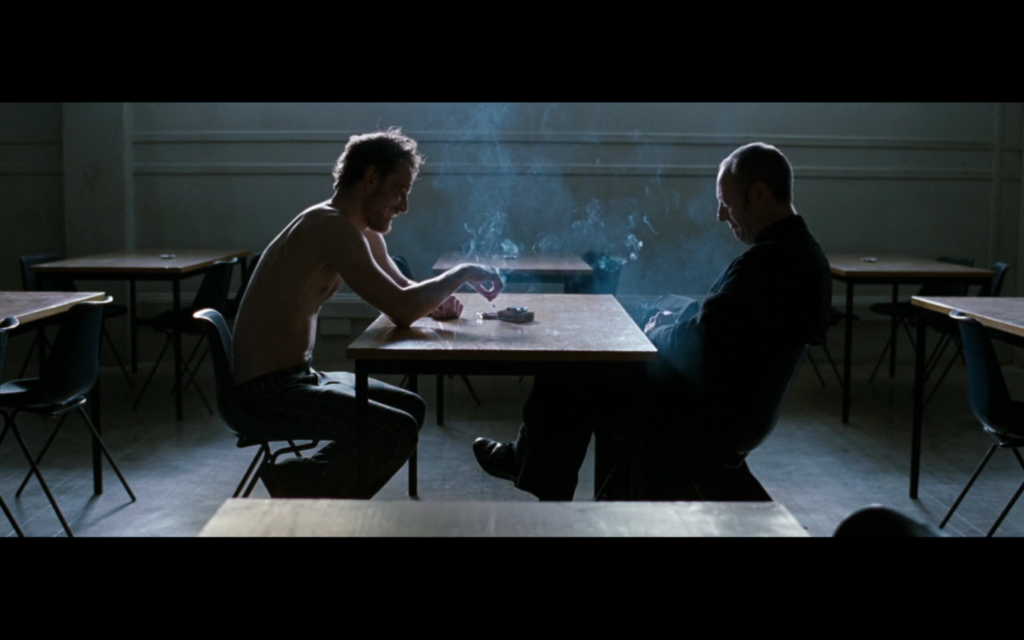
Othered Form and Insectile Subjectile: Under the Skin
By Fabienne Collignon

Female Convict Scorpion: Production Context, Gender Politics, and Cinematic Excesses in a Japanese Women-in-Prison Film Series
By Leung Wing-Fai

Adaptation, Authorship and the Critical Conversations of Little Fires Everywhere
By Shelley Cobb
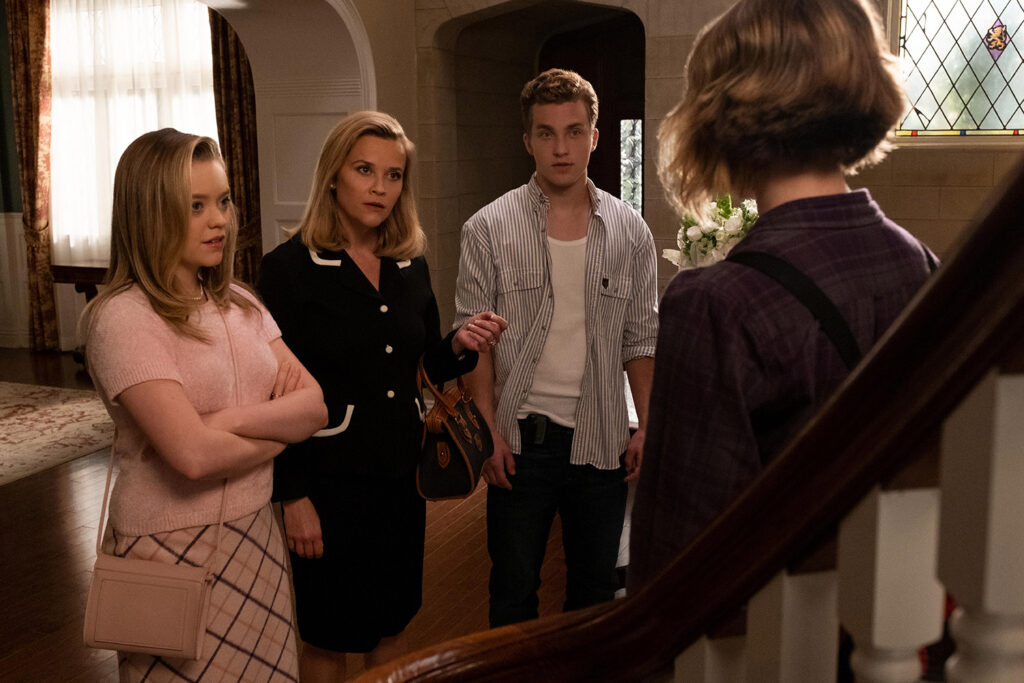
Roundtable on Women’s Authorship and Adaptation in Contemporary Television
By Stefania Marghitu and Sarah Louise Smyth

Reese Witherspoon’s Popular Feminism: Adaptation and Authorship in Big Little Lies
By Sarah Louise Smyth
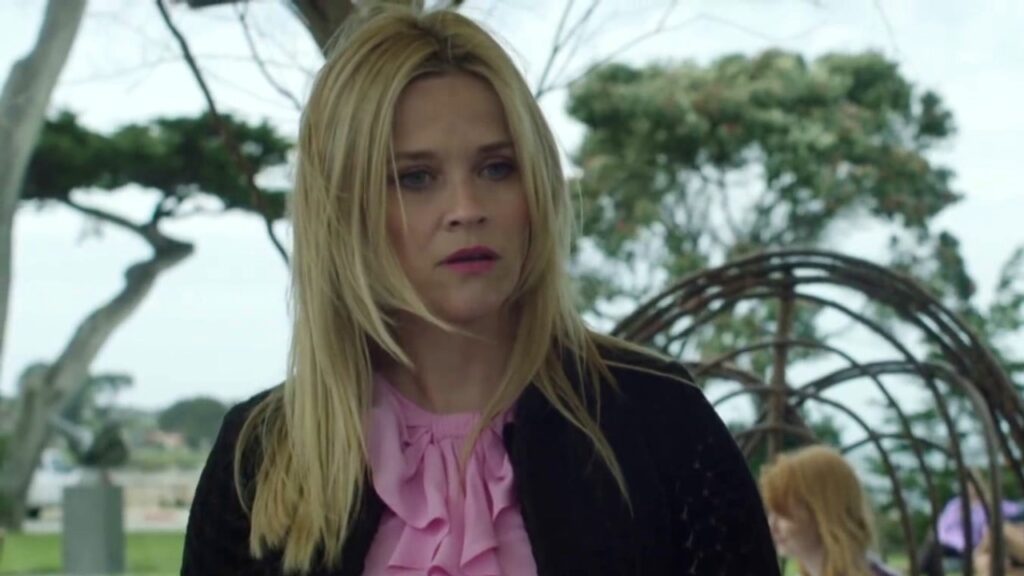
Dangerous Exchange Students: Battle Royale and Transcultural Fans’ Intertextual Gatekeeping
By James Rendell
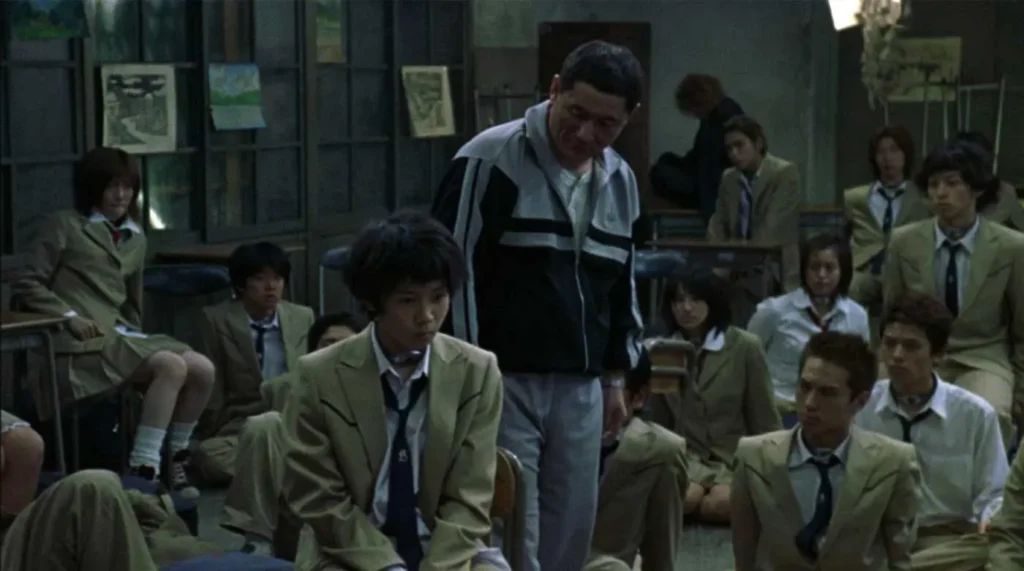
‘Scream for Your Lives!’: the Philosophy of Horror in William Castle’s The Tingler (1959)
By Daniel Tilsley
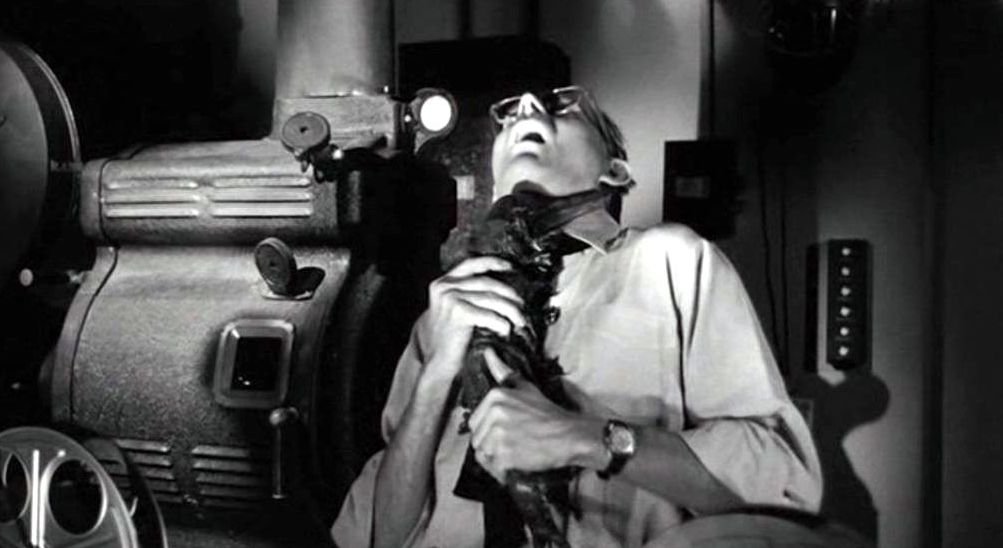
Of fleas and Parasite: unpacking class and space in Bong Joon-ho’s Barking Dogs Never Bite
By Bonnie Tilland and Beth Tsai
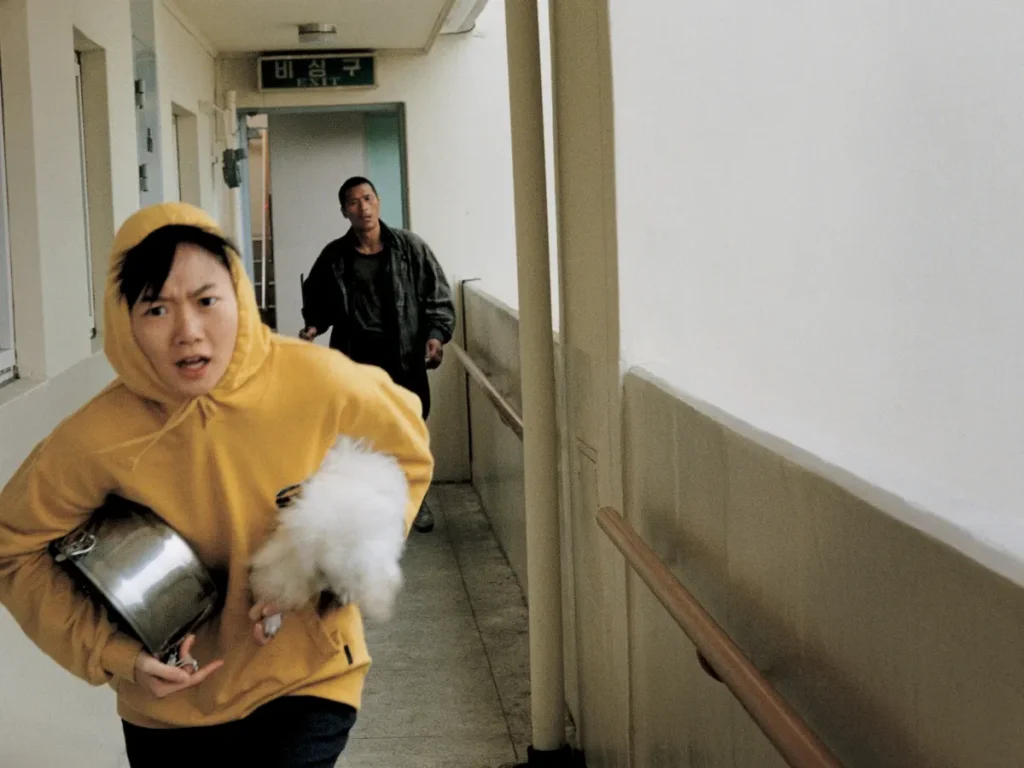
‘Unique joy’: Netflix, pleasure and the shaping of queer taste
By Clara Bradbury-Rance

Melancholy, respectability, and credibility in Sean Baker’s Tangerine
By Paige Macintosh

Child spectators: towards a phenomenological perspective on the imaginary transformations of reality
By Bettina Henzler

‘Humanity rising from the depths of brine’: an oceanic politics in Disney’s Moana
By Kevin Chew

Cinematic cultures of descent: the other sides of the mountaineering story
By Eva-Maria Müller
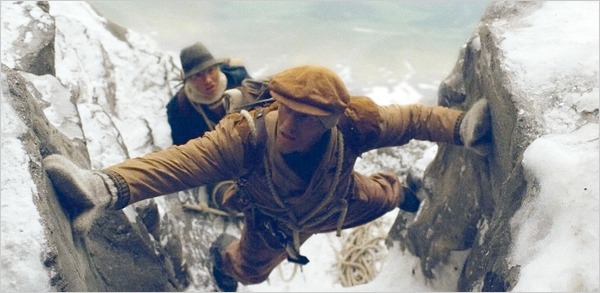
Imagining Taking Tiger Mountain (by strategy): two landscapes of the Anthropocene, 1970 and 2014
By Sean Cubitt
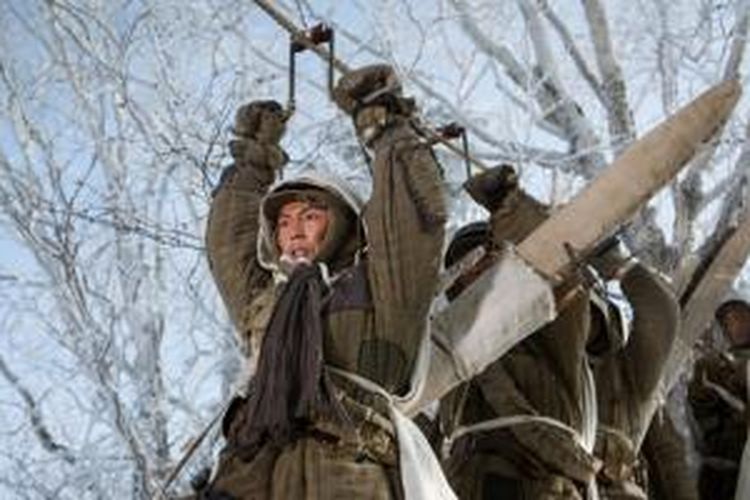
Sonic modernities: capitalism, noise, and the city essay film
By Laura Rascaroli

Representing public service and post-militariness in Bodyguard (BBC,2018)
By Katy Parry
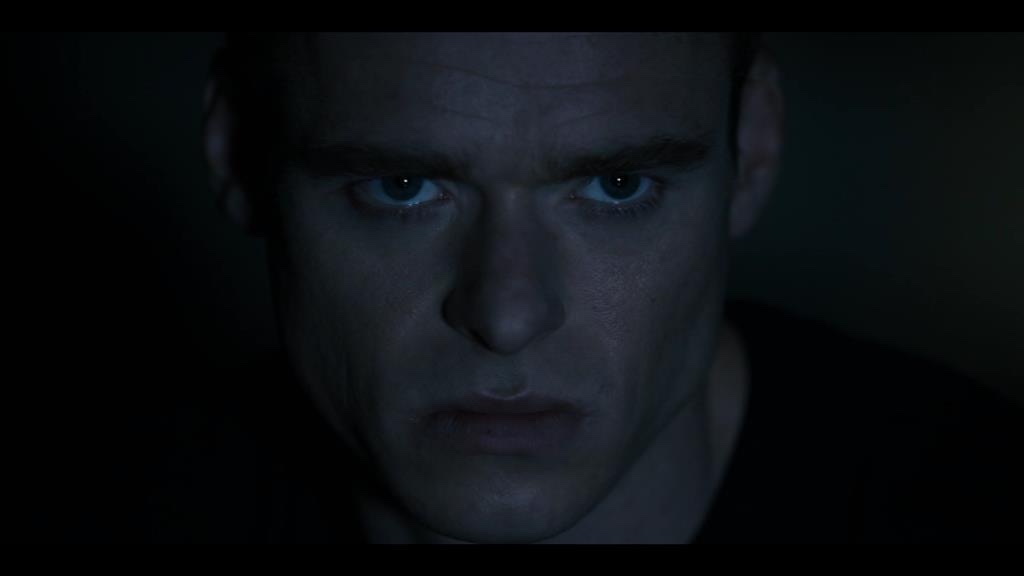
Suggestive verbalizations in film: on character speech and sensory imagination
By Julian Hanich

‘Englishmen could be proud then, George’: echoes of empire in Tinker Tailor Soldier Spy (BBC 1979)
By Philip Kiszely
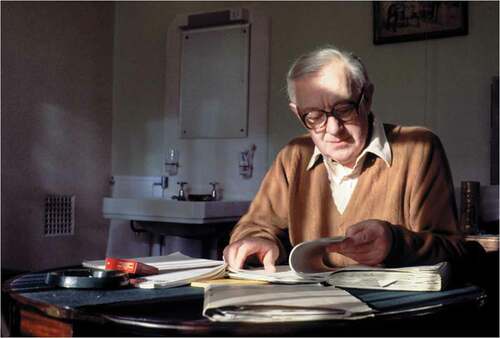
From the extraordinary to the everyday: discourses on American quality serial television in Sweden’s leading newspapers and the breakthrough of streaming TV
By Joel Frykholm
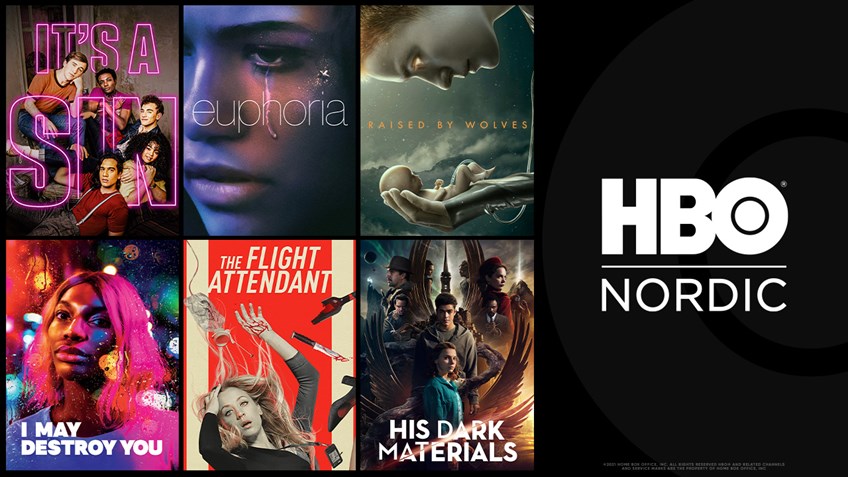
The Poetics of Obsession: Understanding Kathryn Bigelow’s Characters
By Christa Van Raalte
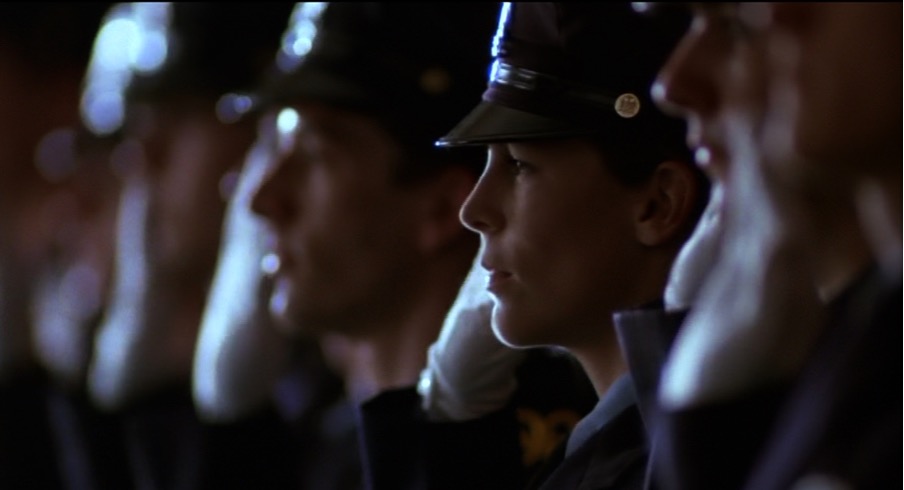
How does she look?: Bigelow’s Vision/Visioning Bigelow
By Deborah Jermyn

A tale of two masculinities: Joaquin Phoenix, Todd Phillips, and Joker’s double can(n)on
By Misha Kavka
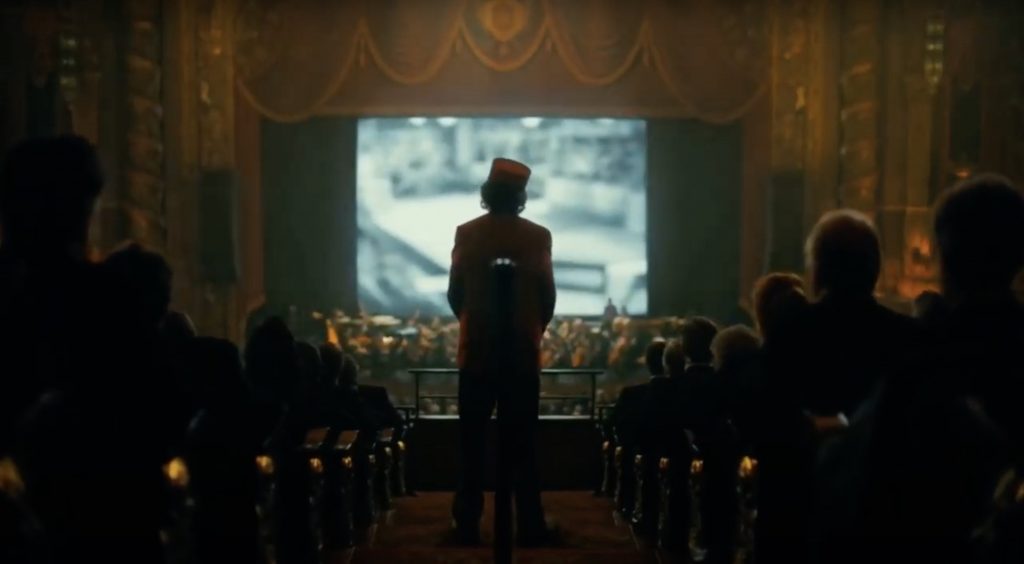
There’s something about Malick: film-philosophy, contemplative style, and ethics of transformation
By Martin P. Rossouw
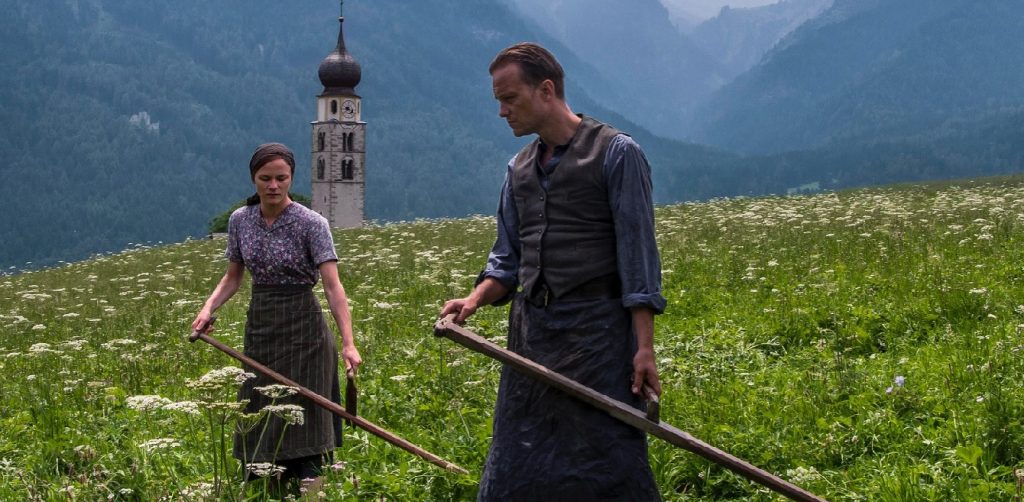
Creeping decay: cult soundtracks, residual media, and digital technologies
By Jamie Sexton
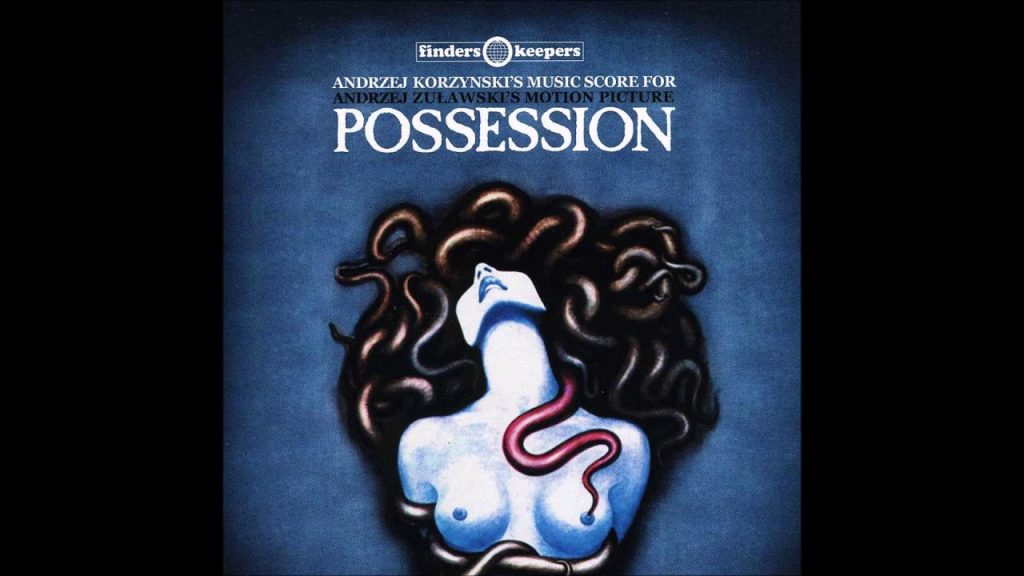
Contingency, causality, complexity: distributed agency in the mind-game film
By Thomas Elsaesser

Media Archaeology as Symptom
By Thomas Elsaesser

Introductions to Special Issues
Towards a catalogue of cine-genres
By Nathan Holmes and Colin Williamson

Innovating the Frame: Kathryn Bigelow in Close-Up
By Frances Pheasant-Kelly
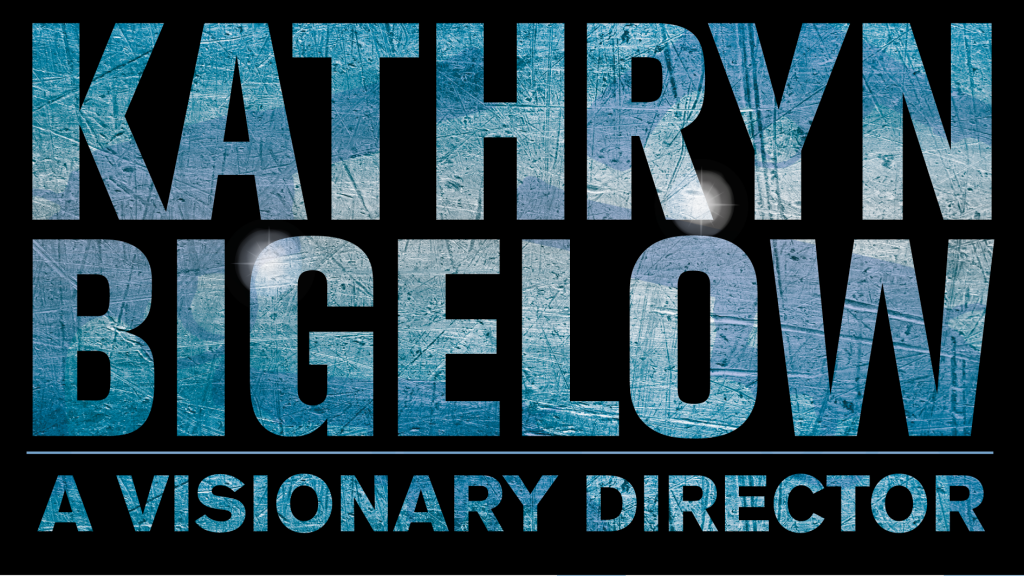
That joke isn’t funny anymore: a critical exploration of Joker: Introduction
By Sean Redmond

Radical rom-com: not an oxymoron
By Maria San Filippo

Breath: image and sound, an introduction
By Jean-Thomas Tremblay

What will film studies be? Film caught between the television revolution and the digital revolution
By Philippe Gauthier

Neoliberal theory and film studies
By Anna Cooper

Cult Cinema and Technological Change
By Matt Hills & Jamie Sexton
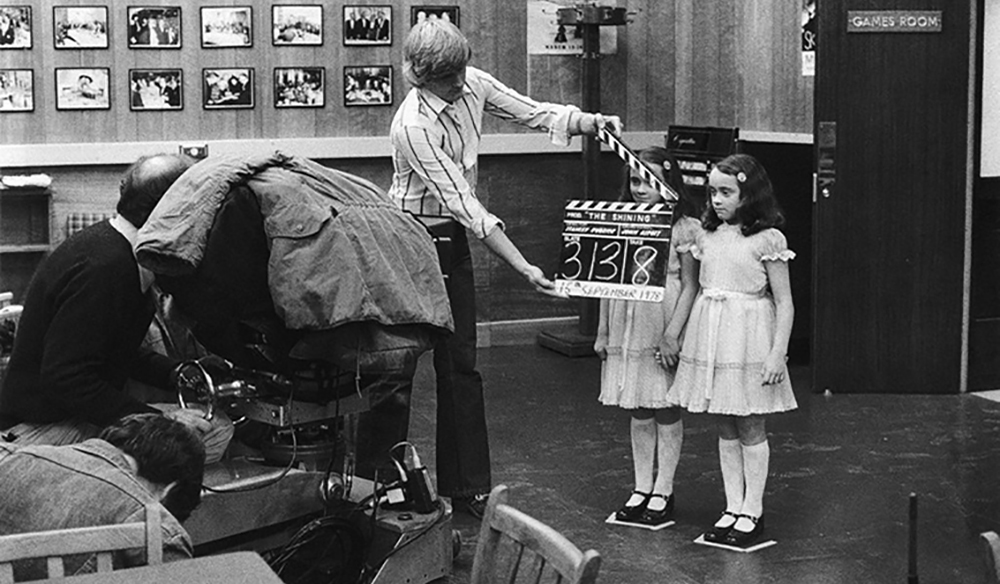
Film festivals: origins and trajectories
By Lydia Papadimitriou & Jeffery Ruoff
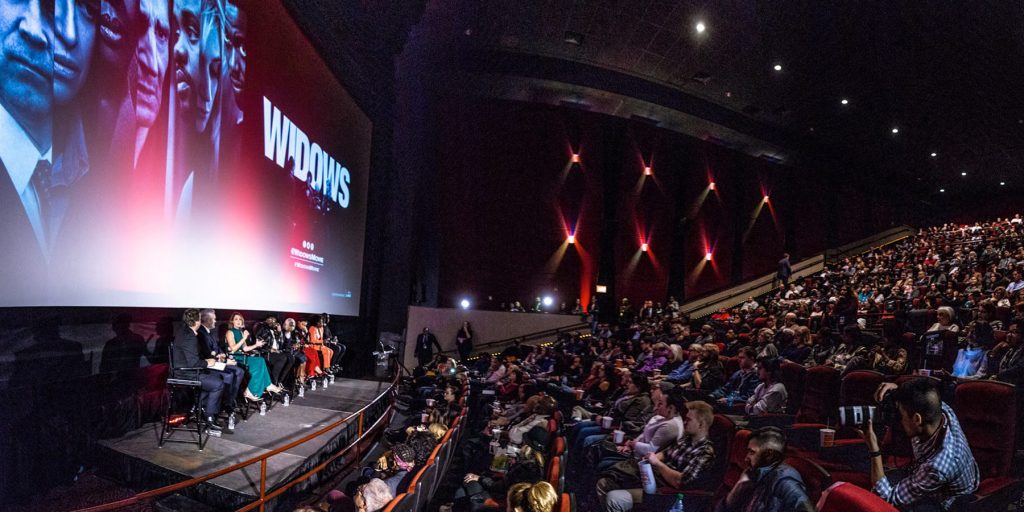
Imagining the post-forensic landscape: the crime drama on transnational television
By Paolo Russo & Lindsay Steenberg

